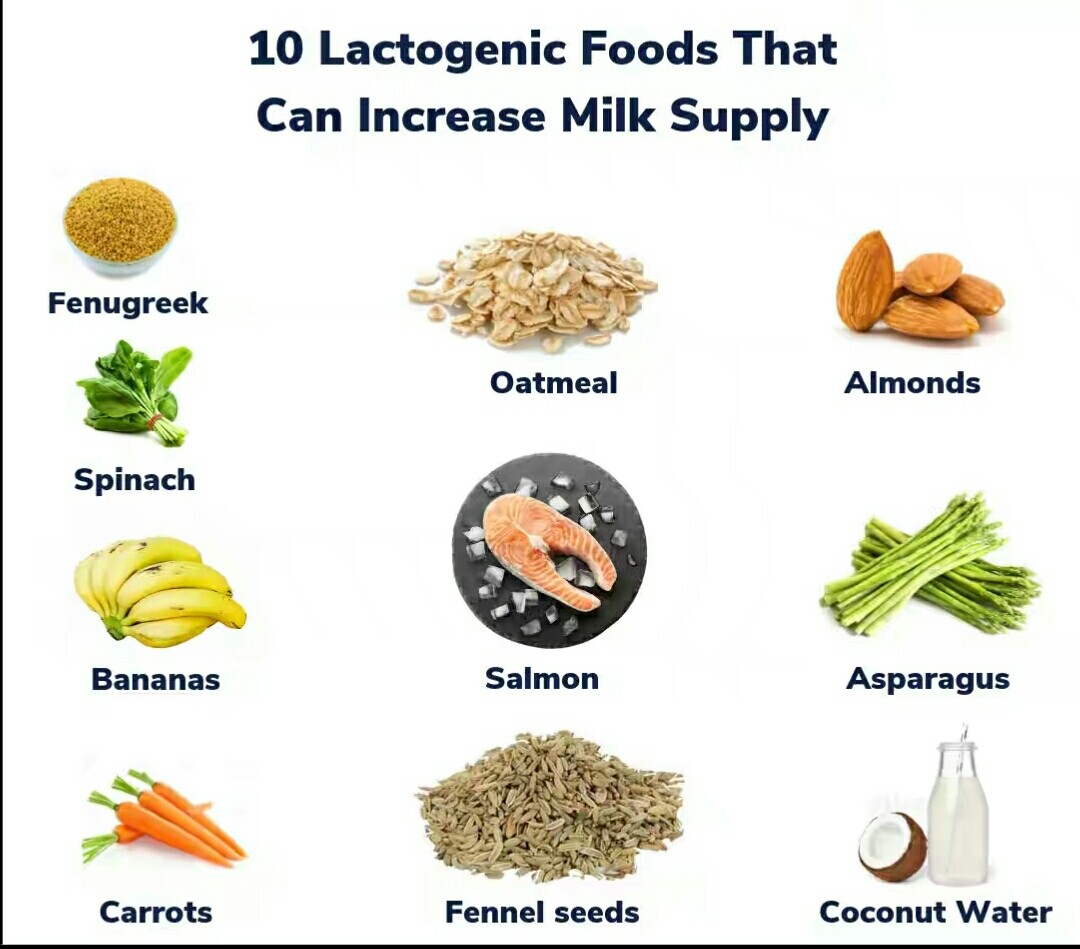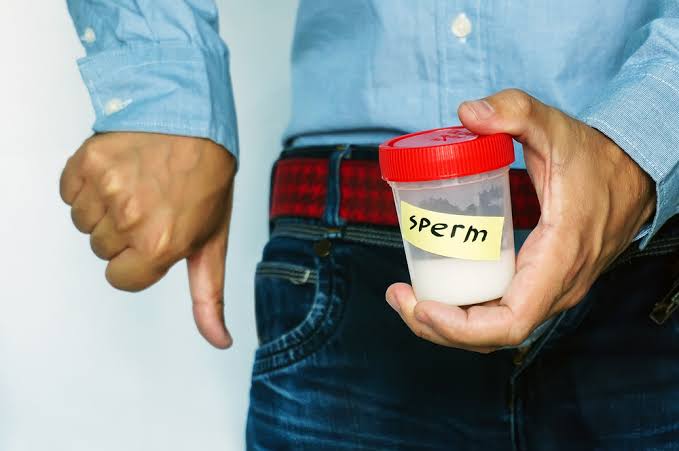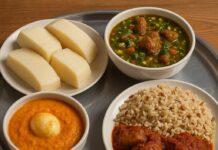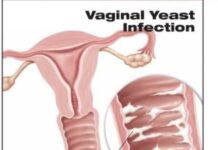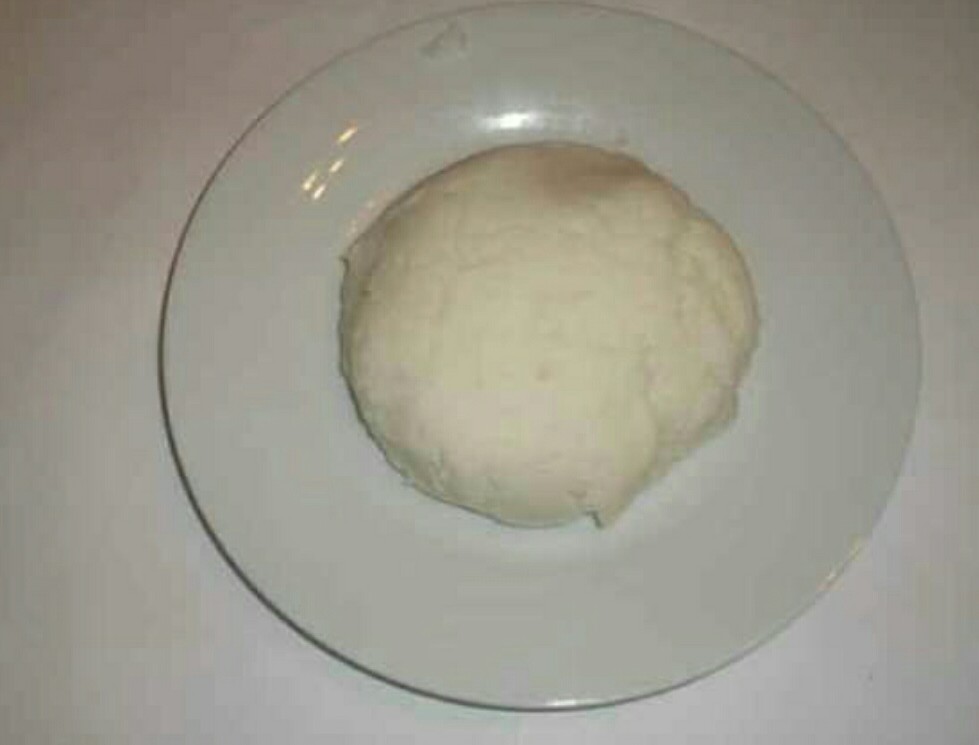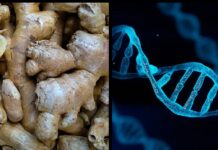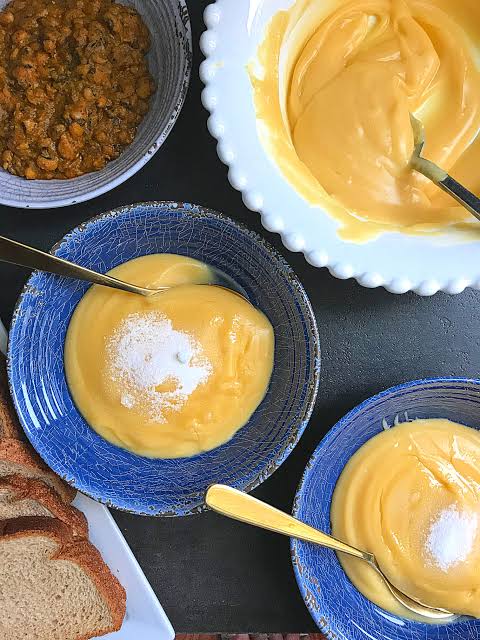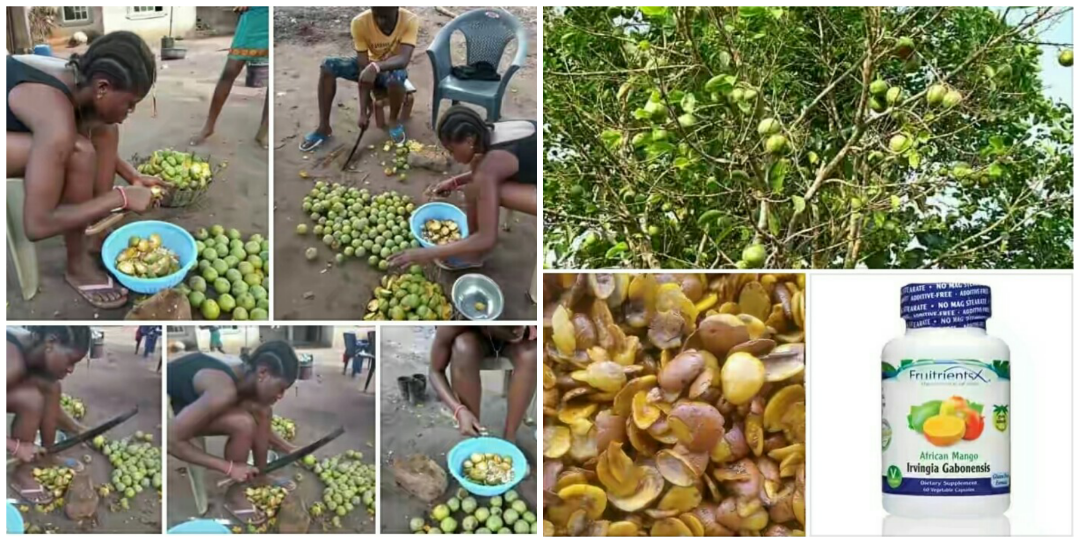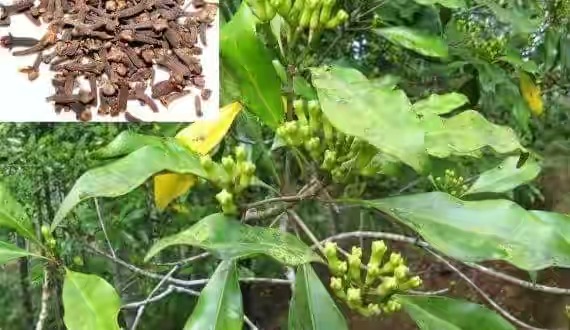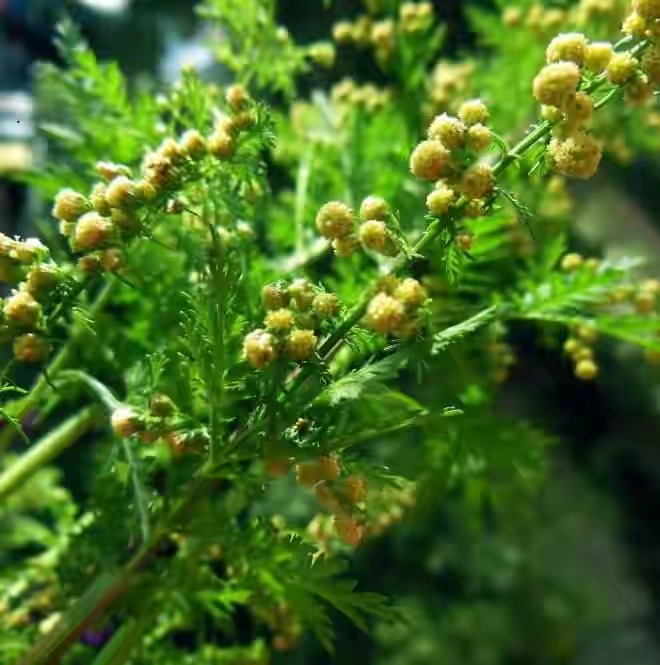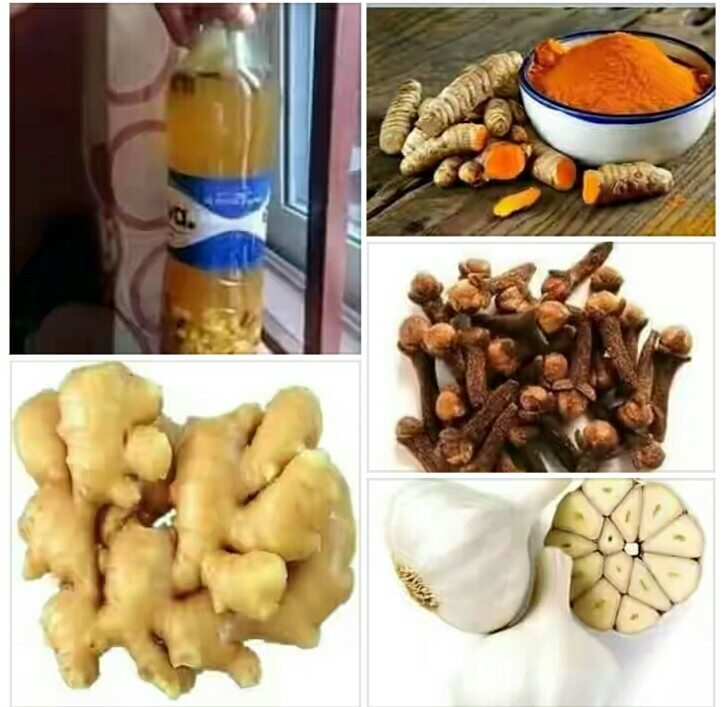HEALTH BENEFITS OF AFRICAN MANGO OR ARVINGIA GABONENSIS (SCIENTIFIC NAME) OR DIKA OR BUSH MANGO, WILD MANGO (ENGLISH) OR AGBALO, GORON BIRI (HAUSA) OR OGBONO FRUIT (IGBO WITH REFERENCE TO KERNELS) OR APON (YORUBA) OR UGIRI FRUIT (IGBO). DOES AFRICAN MANGO HELP IN WITH WEIGHT LOSS?
ARVINGIA GABONENSIS IS A PLANT WITH HUGE POTENTIALS FOR THE PREVENTION AND MANAGEMENT OF NON-COMMUNICABLE DISEASES.
DESCRIPTION:
The Wild mango is a deciduous tree reaching heights of 30 to 40 m. The bole, usually straight and cylindrical, is covered by a scaly gray bark that flakes away in plates. The trunk is typically short and slightly buttressed, with a stem alternately. The flowers are greenish yellow, as are the open-pollinated, mango-like fruits.
The heartwood is pale-green, brown, or orange yellow, fading on exposure to a gray brown. Sometimes, it develops dark gray streaks. The sapwood is lighter, but is not always differentiated. In woodworking terms, the texture is fine to medium, the grain straight to interlocked, and the surface is without luster.
OCCURRENCE:
Dika is found in the western and central tropics, from southern Senegal to the northern tip of Angola (notably Cabinda), including Congo, DR Congo, Nigeria, Príncipe, Ghana, Côte d’Ivoire, Guinea, Sierra Leone, Sudan, and western Uganda. It is often found near riverbanks and reaches optimal growth in the dense evergreen rainforest.
Nutritional Value and health benefits of African Mango or Bush Mango
All parts of the African mango tree are used for a variety of purposes. The fleshy part and pulp of the fruit is consumed as food or used to make jams, juice, and wine.
The seeds are eaten raw or used to prepare different foods and supplements.
The roots, bark, leaves, and seeds are used to make traditional medicines.
100g of the Bush mango provides only 86 kcal, 56 mg of vitamin C, which is more than 60% of the recommended daily allowance (RDA) for this vitamin and 262 mg of calcium (about 30% of RDA).
This comparable to the amount of calcium found in a glass of milk, yoghurt, kefir or fura da nono. Seeds of the fruit are also a good source of nutrients. They contain a variety of vitamins and minerals including calcium, magnesium, potassium, sodium, phosphorus, and iron.
They also contain the flavonoids quercetin and kaempferol, which have antioxidant properties. The hard round balls, which look something like smooth walnuts, must be cracked open to get to the edible part. The kernels found inside have the texture normal to nuts and can be eaten raw or roasted like cashews.
Most, however, are processed. Some are pounded into dika butter, a product akin to peanut butter or almond paste. Some are compacted into blocks resembling chocolate (once called Gaboon chocolate).
Many are pressed to squeeze out the oil that makes up more than half the kernel’s weight. In the main, though, the kernels are ground and combined with spices to form the key ingredient in “ogbono soup.”
This extremely popular special dish is a sort of unifying regional favorite (although every country fervently considers that it produces the best).
Like okra and baobab leaves, this so-called dika bread provides the slippery texture so beloved in African soups, stews, and sauces. It also adds a sharp and spicy tang that is unforgettable.
HOW DOES DIKA WORK TO PREVENT DISEASES?
African mango seeds have high amounts of soluble fiber. Soluble fibers are bulk-forming, meaning that they delay the rate by which food exits the stomach, leading to a gradual absorption of sugars.
This decreases the elevated blood glucose level after a meal. Additionally, African mango seed extract can suppress fat production by:
a) Reducing the activity of the protein PPARγ, which promotes weight gain;
b) Increasing adiponectin, a protein hormone involved in fat breakdown and glucose control;
c) Reversing leptin resistance, a factor that can lead to obesity. Fruit extracts of African mango contain many compounds with antioxidant activities (free-radical scavenging) such as flavonoids, phlobatannins, alkaloids, and anthocyanins.
Leaf, bark, and root extracts of African mango contain antifungal and antibacterial compounds (terpenoids and ellagic acid-like compounds).
These molecules exert their effects by disrupting bacterial and fungal cell membranes, preventing microbial adhesion, and inactivating microbial enzymes.
READ ALSO: Health Benefits of Bee products
HEALTH BENEFITS OF AFRICAN MANGO |BUSH MANGO|UGIRI FRUIT |DIKA|
AFRICAN MANGO MAY PROMOTE WEIGHT LOSS AND FAT BURNING:
In a 10-week study (DB-RCT) of 120 overweight volunteers, African mango supplements significantly reduced weight, body fat (6.3% on average) and waist circumference (16.2% on average). Similar effects were seen in a 4-week study (DB-RCT) of 40 obese subjects.
In this study, the African mango treated group showed an average decrease in body weight and LDL (“bad”) cholesterol levels as well as an increase in HDL (“good”) cholesterol levels.
Another study (DB-RCT) of 72 patients found that a combination of African mango and Cissus quadrangularis (saddori, dodoriya in Hausa: a plant used for joint and bone health) significantly decreased body weight, body fat (20.1%) and waist circumference compared to placebo after 10 weeks. However, although some studies on African mango have shown weight loss effects, they are small and poorly designed.
Also, African mango cannot act as a sole source of weight loss. Managing your diet and lifestyle is needed to fully capitalize on its weight loss properties.
AFRICAN MANGO MAY LOWER BAD CHOLESTEROL AND RAISE GOOD CHOLESTEROL:
In a 4-week study (DB-RCT) of 40 obese individuals, African mango supplementation decreased total blood cholesterol (46%) and LDL (“bad”) cholesterol levels and increased HDL (“good”) cholesterol (47%) levels compared to placebo.
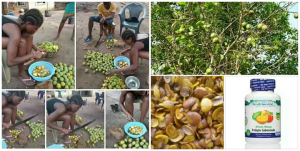
AFRICAN MANGO MAY LOWER BLOOD SUGAR LEVELS:
Diets rich in soluble fiber can help stabilize blood sugar levels in people with insulin resistance. Since African mango seeds are high in soluble fiber, they may aid in diabetes management. In a study of 102 overweight volunteers, treatment with African mango seed extract decreased fasting blood glucose levels by 25% after 8 weeks.
AFRICAN MANGO MAY REDUCE BLOOD PRESSURE:
African mango supplements reduced systolic blood pressure in a study of 28 overweight individuals after 2 weeks (DB-RCT). Wild mango has the property of calcium channel blockers.
AFRICAN MANGO HAS ANTIOXIDANT PROPERTIES:
In a cell-based study, fruit extracts of African mango exhibited impressive antioxidant activity (78% free radical inhibition). Because of this, African mango can protect against heavy metal toxicity. In rats, cadmium-induced kidney toxicity was significantly reduced with the stem bark extracts of the African mango.
In another study, African mango leaf extracts significantly improved liver function in rats with heavy metal-induced liver toxicity.
AFRICAN MANGO HAS ANTIBIOTIC AND ANTI-PARASITIC PROPERTIES:
Extracts of leaves, bark, and roots of the African mango significantly inhibited bacterial and fungal growth in a lab study. Leaf and root extracts exhibited the highest antimicrobial activity. Leaf extracts of African mango also have anti-parasitic effects. In the laboratory, leaf extracts (500 mg/ml) of African mango killed up to 71% of roundworm larvae.
AFRICAN MANGO HAS ANTIBIOTIC AND ANTI-PARASITIC PROPERTIES:
Extracts of leaves, bark, and roots of the African mango significantly inhibited bacterial and fungal growth in a lab study. Leaf and root extracts exhibited the highest antimicrobial activity. Leaf extracts of African mango also have anti-parasitic effects. In the laboratory, leaf extracts (500 mg/ml) of African mango killed up to 71% of roundworm larvae.
AFRICAN MANGO MAY RELIEVE PAIN:
Stem bark extracts of African mango stem relieved heat and pressure-induced pain in mice. Although the mechanisms are unclear, it is thought to work by activating opioid receptors, which are involved in reducing pain.
GUT HEALTH:
African mango leaf extracts protected mice and rats from castor oil-induced diarrhea and fluid buildup in the intestines. They also decreased chemically-induced contractions in isolated rabbit and guinea pig intestines. African mango extracts also inhibited ulcer formation in rats by increasing mucus production in the stomach.
These are the thoughts and intellectual property of:
Professor Sa’eed Halilu Bawa
Senior Lecturer at University of the West Indies, St. Augustine Campus, Trinidad.
Studied Food and Nutrition Sciences, Dietetics at Kaduna Polytechnic, Nigeria; Warsaw University of Life Sciences, Poland.





